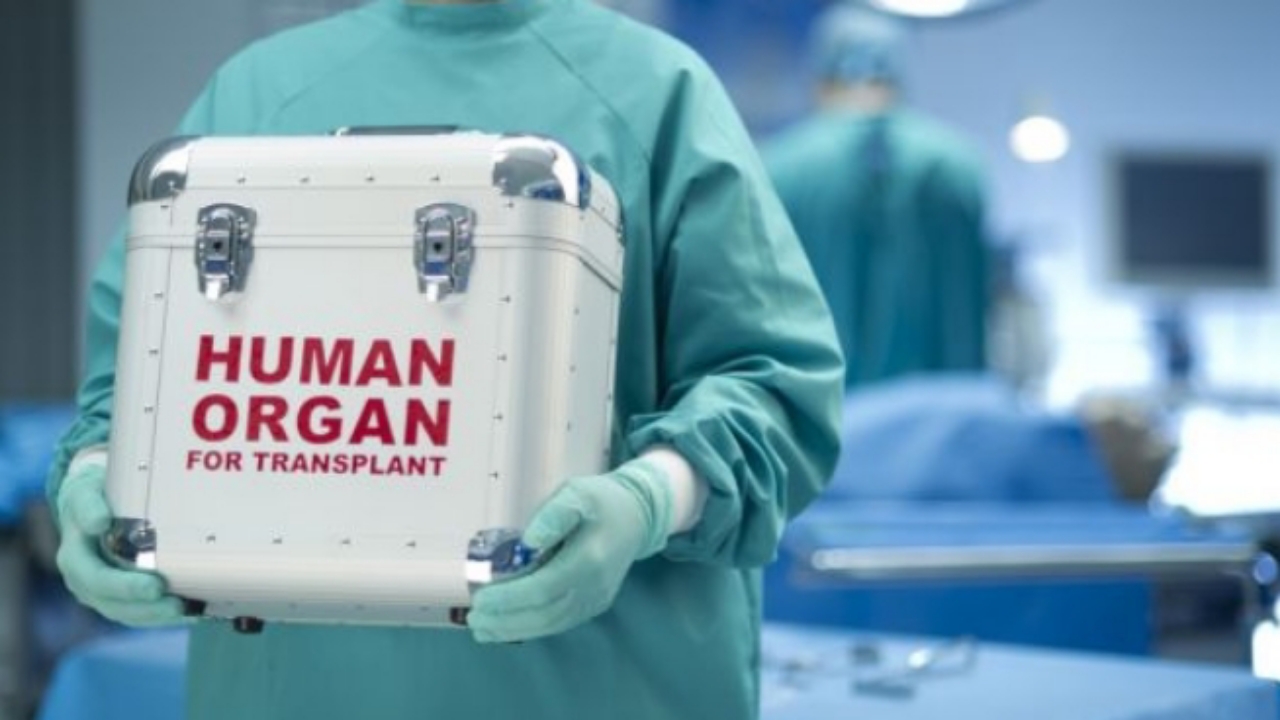

Donating your organs is the greatest thing you can ever do. If your organs have given you such a wonderful life, then why not think about others. When you donate your organs, even if you die, your organs live in someone else’s body. And give them the life they deserve.
Here are the organs that can be donated
The heart pumps blood in the body, and the blood delivers oxygen to all other organs of your body. If a person’s heart cannot pump blood appropriately, the rest of the body can become sick very soon.
Several people with heart failure, viral infection, or an inborn heart defect, need a heart transplant to stay alive. Heart transplants are conducted when all other types of medical procedures have not worked.
The lungs deliver oxygen to the blood and eliminate carbon dioxide. Lung transplants are many times required by people with cystic fibrosis or emphysema, whose own lungs cannot deliver sufficient oxygen to their bodies.
The two lungs can be transplanted jointly into one recipient or separated and transplanted as single lungs into two recipients.
The central objective of the kidneys is to filter waste products from the blood. When the body has accepted what it requires from food, wastes are then sent to the blood, filtered by the kidneys, and sent from the body as urine.
If the kidneys are damaged or diseased and are not able to filter the blood appropriately, wastes start to build up in the blood and harm your body. An individual with serious kidney failure is put on dialysis, which helps filter waste products from the blood when the kidneys cannot. However, several of these people will require a kidney transplant to survive.
The major functions of the liver is to retain a balance between nutrients, which consists of glucose, vitamins and fats. It is a organ that also conducts several functions.
It eliminates waste products, and it regulate blood clotting.
An individual who has liver disease, Hepatitis B and C, and person with inborn liver defects, liver transplant is must for them to survive.
The pancreas comprises cells called Islets that generate insulin to control the body’s blood sugar levels. In people with Type-1 Diabetes, the pancreas generates little or no insulin, and it can be very problematic to control blood sugar levels even with insulin injections.
At present, the majority of pancreas transplants are conducted on people who possess Type 1 Diabetes which can also result in kidney failure.
Keep reading Successyeti.com
Also Read: Pros And Cons Of Organ Donation
In today's article, we will learn the importance of happiness and how to maintain it…
Today, we will look at three common mistakes couples make in their relationships regarding intimacy…
In this article, we will learn about the simple ways that can help one overcome…
Check out the list of couples' biggest relationship mistakes in this article.
In this article, we will learn about anxiety and how one can handle it in…
In this article, you will understand the horrifying effects of child abuse.